Ukraine’s decade-long fight to stamp out corruption as Kyiv eyes EU membership
As Ukraine continues to fight against Russian aggression on the frontlines, it is also facing another battle – stamping out corruption.
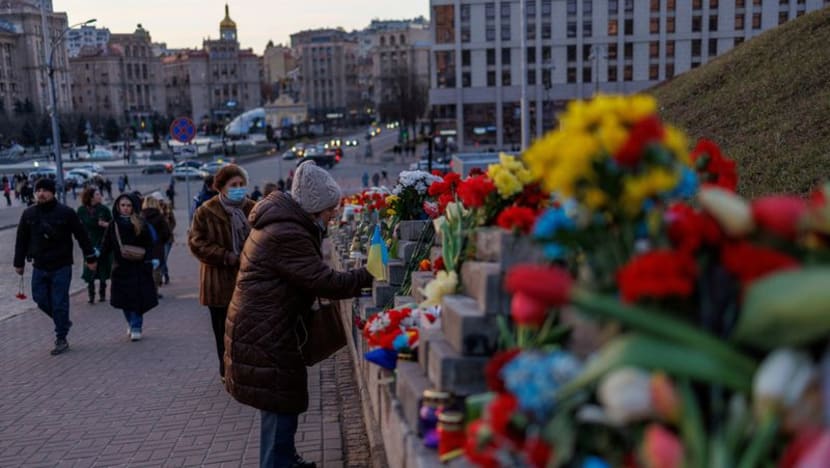
A woman pays her respects to those killed in 2014 mass protests that toppled President Viktor Yanukovich in 2014, in central Kyiv, Ukraine February 20, 2022. (File Photo: REUTERS/Antonio Bronic)

This audio is generated by an AI tool.
KYIV: On the fifth day of Russia’s full-scale invasion, Ukraine applied to join the European Union.
It became a candidate country four months later, even as Moscow continued its relentless assault.
Against the odds, Kyiv met all the conditions within two years to open accession talks with the EU, which began in June this year.
However, the journey has not been easy for the country.
Challenges remain as the nation seeks to stamp out corruption, which many Ukrainians see as their second most important fight, fueled by their desire and ambition to join the EU.
MAIDAN REVOLUTION 2014
Ukraine has battled corruption since its independence in 1991. Bribery was rampant, and oligarchs controlled much of the country’s key industries as Moscow maintained a firm grip on Kyiv.
A turning point came in 2013 when fed up citizens gathered on Maidan Nezalezhnost, the capital’s Independence Square, in what is known today as the Revolution of Dignity.
Protestors demanded closer ties to the EU, and for then-president Viktor Yanukovych, known for his corruption and connections to Moscow, to step down.
The revolution ended in tragedy, with more than 100 protesters killed.
But it led to the ouster of Yanukovych in February the following year, and gave Ukrainians hope that change was possible.
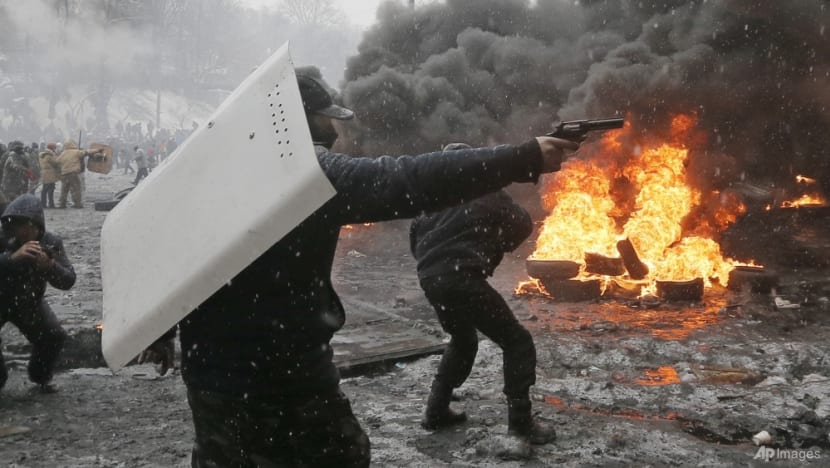
In the decade since, Ukraine has waged a war against corruption, with a proliferation of anti-corruption bodies, wide-ranging reforms and media investigations.
Denys Bihus, founder of investigative media outlet Bihus.info, said that before the revolution, corruption was rampant and widely ignored by law enforcement and society at large.
“But in recent years, I don’t think a month passes by without someone being noticed by law enforcement based on the results of our reporting, and for an official investigation to begin from there,” he said.
CRACKING DOWN ON CORRUPTION
The National Anti-Corruption Bureau of Ukraine (NABU) was established in 2015. This was one of the requirements set by the International Monetary Fund (IMF) and European Commission to ease visa restrictions between Ukraine and the EU.
The bureau has since exposed corruption at the highest levels.
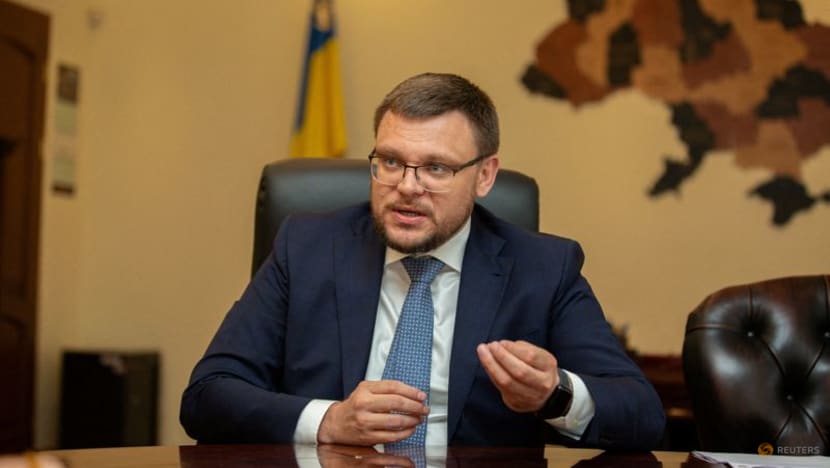
Last year, in its most high-profile case to date, it arrested the head of Ukraine’s Supreme Court, who was suspected of receiving a US$2.7 million bribe.
"What we already achieved has shown to civil society, to all Ukrainians, to all our international partners, that nobody is untouchable in Ukraine,” said the bureau’s director Semen Kryvonos.
Reforms to public procurement processes and crackdowns on tax evasion in the past decade have added billions of dollars to state revenues.
The country now has some of the world's strictest rules on the declaration of income and assets by public sector officials.
In the drive to prevent – not just punish – corruption, experts said digitalisation and open-data reforms play a key role.
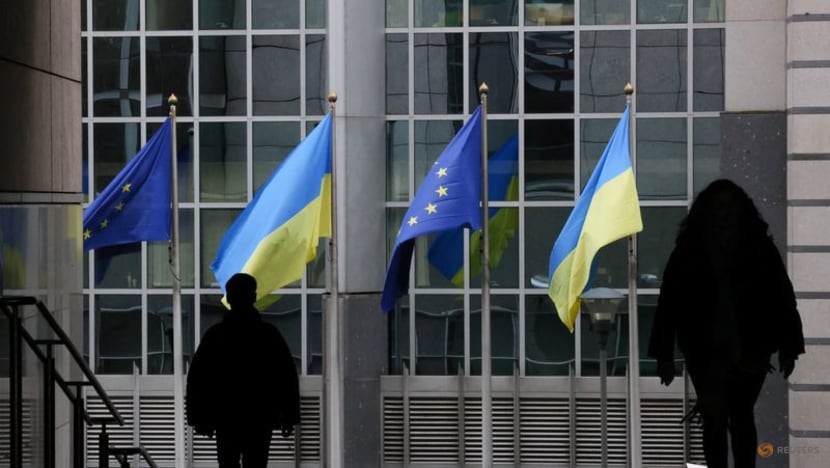
"One (way) is to add transparency to what the government does, and Ukraine has made very good promises for the last 10 years in this field. We have many open registries,” said Andrii Borovyk, executive director of Transparency International Ukraine.
“Everything is online. You can just sit at home and find any information and even do journalistic investigations right in front of your computer.”
PREREQUISITE TO EU MEMBERSHIP
Corruption guardrails are a prerequisite to EU membership and key to ensuring Ukraine's Western partners continue to supply military aid as the war-battered nation continues to fend off Russian aggression.
But the biggest pressure to tackle graft may come from the Ukrainian people themselves.
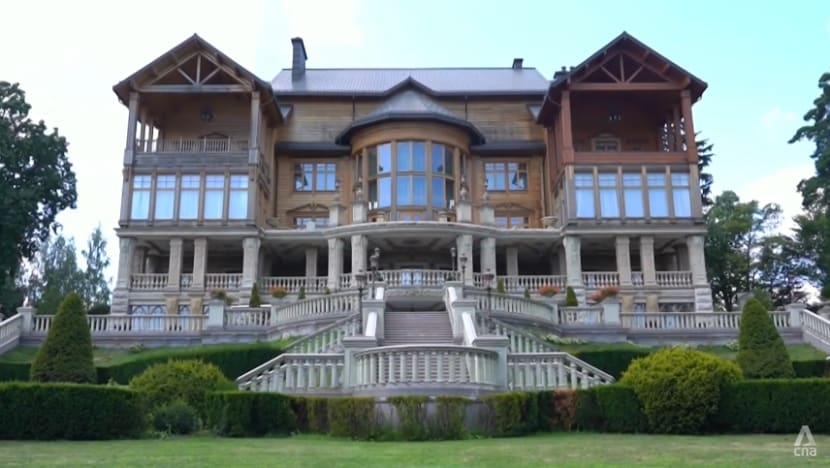
Mezhyhirya park, a 56-hectare estate that used to belong to former president Yanukovych, is a monument to what many consider Ukraine’s first big win over corruption.
After he fled to Russia, protesters flooded his mansion to see for themselves what they had long suspected – opulence paid for with millions of dollars from taxpayers.
"What does Mezhyhiria symbolise? It symbolises a lifestyle stolen and hidden from people,” said Iryna Golovatenko, an official representative of the Mezhyhirya Residence.
Today, the once-private residence is a national park open to everyone, and houses a museum showcasing the luxuries of its former owner.
"We weren’t asked if we wanted the estate built or not. But it’s good that it was left to the people, and not inherited by some officials. It is good that we have it,” said a park visitor.
Ukraine believes eradicating corruption is almost as important as victory on the battlefield, as it will be key to winning its existential war with Russia.












